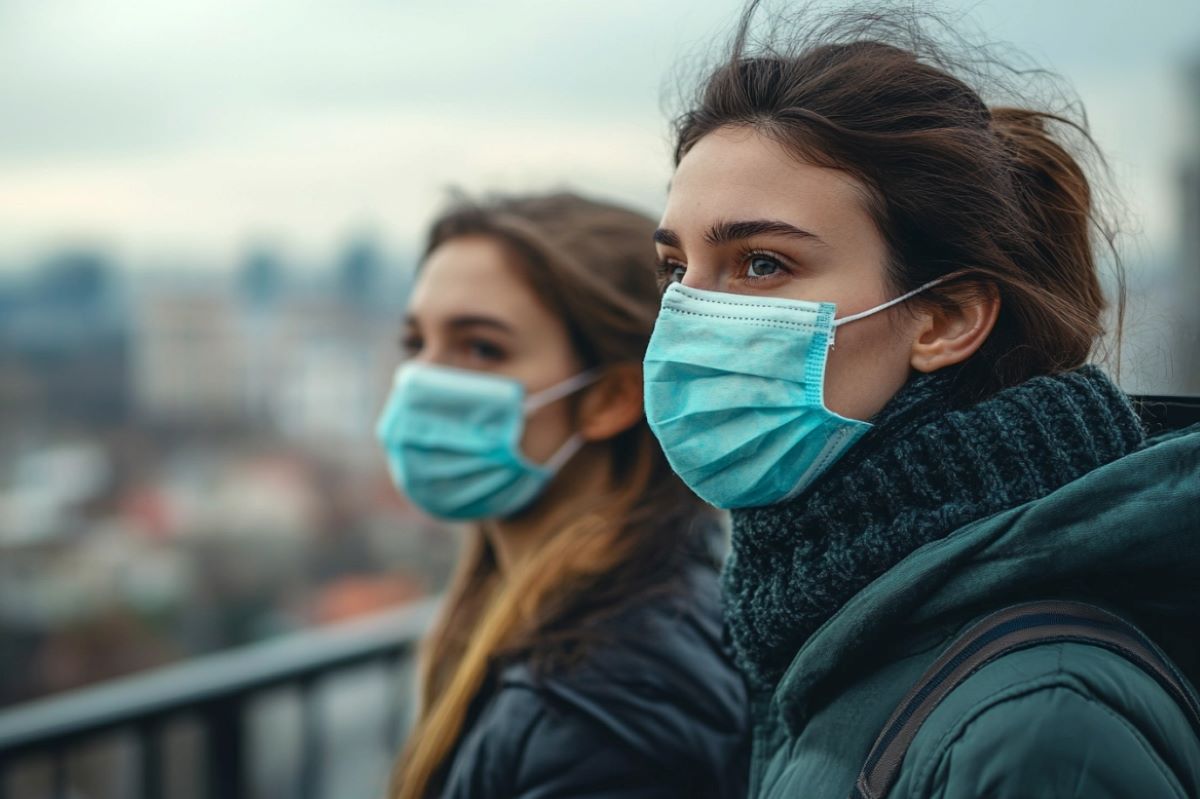COVID-19 is here to stay, and Tampa Bay is once again experiencing an increase in the virus during the winter season. With the disappearance of mask mandates and other restrictions, experts advise on simple ways to protect vulnerable residents. Here are five things to know about COVID-19′s continued spread across the region and the rest of Florida.1. Hospitalizations have spiked, but not as drastically as in previous wavesThe number of individuals admitted to hospitals with COVID-19 has increased, though not as significantly as in earlier surges. In mid-January, the 16-hospital BayCare Health System was treating around 150 virus patients, compared to 36 patients in early December, representing a more than 300% increase. However, during the delta variant surge in summer 2021, BayCare saw approximately 1,400 COVID-19 patients. University of South Florida epidemiologist Jason Salemi explained that the current lower numbers can be attributed to previous vaccinations and infections that have built up immunity levels. Statewide, over 2,000 people with COVID-19 were admitted to hospitals in the week ending Jan. 13, in contrast to more than 14,500 hospitalizations reported in a single week during the 2022 omicron surge. On average, about 75% of COVID-19 patients at BayCare are 65 or older, and common underlying health conditions among those hospitalized include obesity, diabetes, and chronic obstructive pulmonary disease. COVID-19 is now mild to moderate for most people.2. Virus concentrations in sewage remain highAs of Jan. 22, three wastewater facilities in Pinellas County reported high virus concentrations, according to WastewaterSCAN, a project based at Stanford University. Sewage is used by researchers to monitor COVID-19 trends because official case counts have become unreliable due to many people not reporting their at-home testing results to health authorities.3. Few people are staying up to date with vaccinesNew Pfizer-BioNTech and Moderna vaccines were recommended by federal health officials in mid-September to better target virus variants, but approximately 85% of Florida adults are behind on their shots, as are most kids, according to federal estimates. According to Laura Arline of BayCare, “The community, I guess, is tired.” The state has recorded more than 1,300 COVID-19 deaths since authorities started pushing the latest vaccines.4. Long-term virus effects are still a dangerThe debilitating condition known as “long COVID” is a significant issue, with up to 23 million Americans estimated to have developed the ailment. “To not have your symptoms go away for months or even years is a big deal,” said Arline. Scientists are working to better understand long COVID, which is estimated to occur in up to 20% of cases.5. There are easy ways to protect the communityIndividuals living or working with immunocompromised individuals or those with significant health problems should get vaccinated, advised Arline. If feeling unwell, it is recommended to stay home. However, if going out is necessary, wearing a mask is advised. In cases of exhibiting COVID-19 symptoms, getting a test is recommended. If the initial test is “negative” and the person is still unwell, taking another test about two days later is advised. Paxlovid, a medication for people infected and at high risk of severe disease, is available for free through a patient assistance program for the uninsured and those with Medicaid or Medicare.













